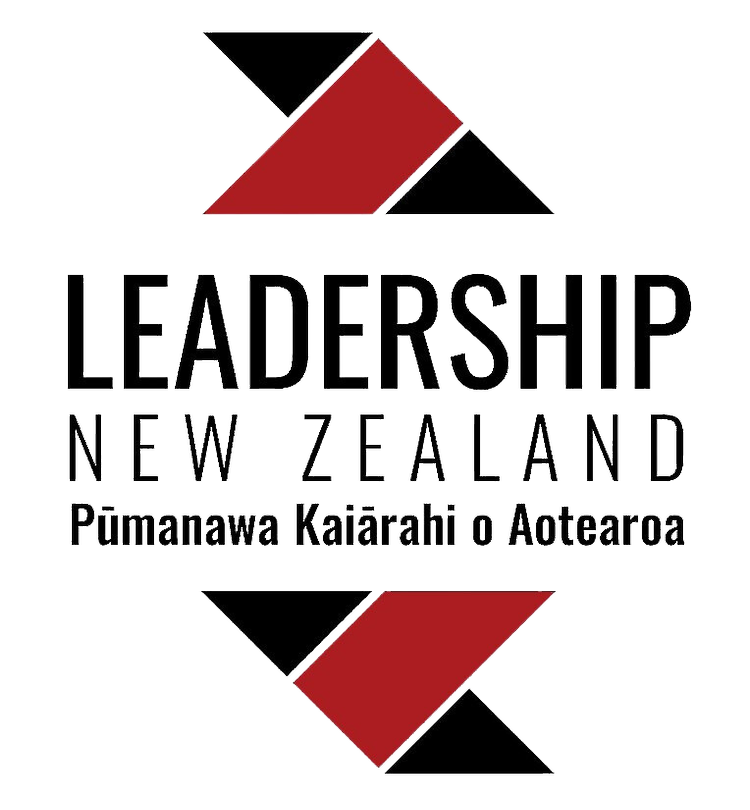by Pieter Tuinder, Acting Director of Partnerships, Department of Conservation
This journey became My roots: My history. The journey into Te Tai Tokerau was a journey into my past, my childhood, my formative years. I am the son of Dutch immigrants that travelled from the island of Texel, Holland, to New Zealand on the "MS Sibajak" with three children in tow. This was the ship's last voyage in June 1959. I arrived the following year, so I am of Dutch blood but New Zealand-born. Here began my struggle with my identity - where did I come from? Where did I belong? Where are my roots?
After several years in the Waikato, my family moved North, ending up in Moerewa. I lived there until I left home, returned for a year after completing university then shifted to Tāmaki Makaurau. My parents retired to Whangarei and I lost touch with Moerewa: I had moved on.
Roll forward to 2017, our Leadership NZ cohort set out for our journey North, first stop Moerewa. I had requested to do the mihi on behalf of Leadership NZ. I stood in the Moerewa Christian Fellowship building off the main street and delivered my mihi. Last time I had stood in that same room many years ago it was the public bar of the Moerewa Pub. As I stood giving my mihi it felt surreal.
We listened to Ngahau and Debbie tell the town's story - a story of decline and abandonment as the dairy factory closed and the freezing works scaled back, became automated and jobs shrank like the town's heart. I knew this story intimately. By the time I left in the mid-1980's the town was in serious decline. I lamented the loss of the bustling thriving town of my childhood. Ngahau was a year ahead of me at Moerewa Primary and Bay of Islands College – we didn’t remember each other but were connected immediately by shared history. His casual comment that I was basically ‘tangata whenua’ meant more to me than he realised.
What a story of hard mahi, dedication, a labour of love by the He Iwi Kotahi Tatou Trust. I had not seen the town for many years and I could see the signs of revival - some businesses in the main street, tidy gardens, murals, and little sign of graffiti and rubbish in the streets, but still a long way to go. I found the story hard to listen to. I felt I had abandoned Moerewa. What could I do - how could I contribute to this work? I was left with this challenge.
We travelled on to Kaikohe. I spent my Form 2 year at Kaikohe Intermediate. We arrived at Kohewhata Marae on Mangakahia Road, the same road that leads to my Uncle's farm about 20 miles away, where I spent many school holidays.
After a warm powhiri, we sat in the Marae meeting house surrounded by Ngapuhi stories beautifully carved into pou lining the walls. An embodiment of the Mataatua Waka formed the full apex of the whare - arresting attention and wonder. Takou Bay, the resting place of the Mataatua Waka, was a favourite surfing spot for me and my mates. Another strong connection.
After dinner on Thursday night, I listened to kaumatua Ted describe their journey, their role as ‘Ahi Kaa’ – keeping the home fires burning. He also outlined their difficulties around the productive use of their lands and the impossibility of this with most of their land being landlocked. The question returned – what could I do to help?
The journey North concluded at Waitangi, a fitting place to discuss our Nation’s foundation treaty with Dr Aroha Harris and Dr Hirini Kaa. They brought the history to life with their story telling, giving more depth to our understanding of the importance of The Treaty then and now. A comment from Hirini continues to resonate - “They can’t compromise my mana, only I can.”
A walk through the new Museum unfurled our nation’s story, with maps, exhibits, filmed reenactments and copies of the signed Treaty documents. Hone Heke’s actual musket hanging at eye level, with worn stock and polished barrel, was confronting.
The Leadership NZ journey North was a full and somewhat overwhelming experience. I was not alone in being impacted in a deep and personal way. I think we were all left with a clear challenge: how are we going to support these communities or other communities around Aotearoa that are struggling?
I can’t write this reflection without a comment about my fellow travellers in this cohort. As a bunch of recently gathered strangers, we are surprisingly close after two retreats. We also seem to cry a lot in these sessions - this is very odd behaviour in a ‘leadership course’, but it feels okay. I kind of feel like I am in a psychology experiment which is rewiring my brain, but in a good way, so I will hang in there.
Lastly, I want to come back to identity. There were so many connections to my past in Moerewa. I received an overwhelmingly clear message: my core identity is rooted in Te Tai Tokeroa. My maunga slumbers as an unnamed bush clad ridge on the northern flank of Moerewa; my awa is the Waiharakeke River that flows along the southern side of the town, where tuna used to gather in mass around the dairy factory outfall and gave the town its affectionate name of "Tuna Town". I now know where I come from and this is no small learning for a Dutch immigrant son. I can now complete my pepeha.

